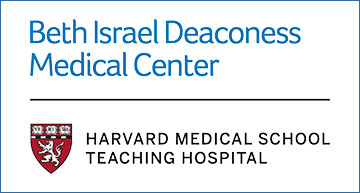
The Hide Lab seeks individuals with programming experience using Next Generation Sequencing data.
A Bioinformatics/Genomics postdoctoral fellow position is available immediately in the Department of Pathology at Harvard Medical School/Beth Israel Deaconess Medical Center to study microRNAs in diagnostic and therapeutic applications for Alzheimer’s Disease. The position is under the direction of Dr. Winston Hide (Systems RNA medicine). The laboratory primarily uses computational modeling of neurodegenerative diseases prior to validating results with collaborators in vitro, and in mouse models. For a list of publications from the Hide lab see here.
Responsibilities
- Generate and analyze small RNA-Seq profiles from exosomes of Alzheimer’s disease patients.
- Apprehend, curate, and analyze miRNA expression profiles relating to Alzheimer’s disease (AD) datasets from collaborators and the public domain to evaluate and synthesize molecular signatures for blood-based diagnosis of AD.
- Integrate small RNA-Seq results with other available public and in-house data types, including but not limited to RNA-Seq, single cell RNA-Seq, methylation, and spatial transcriptomics.
Required Qualifications
- PhD in a Quantitative field related to Bioinformatics (e.g. Genomics, Computational Biology, Biostatistics, or Computer Science)
- Extensive experience working with RNA-seq datasets.
- Experience with small RNA-Seq is highly desired.
- Experience with single cell and spatial transcriptomics technologies.
- Excellent working knowledge of R and other scripting languages
- Experience with network modeling and pathway analysis.
- Ability to generate computational disease models and hypotheses
- Superb communication skills
- Ability to work independently and as part of a team
- Demonstrated ability to drive a research project from design stages to data analysis, figure preparation and manuscript preparation
- A passion for scientific research
- Strong organization and time-management skills
- Meticulous attention to detail
Additional expertise
- Sound knowledge of statistics
- Experience with manipulating and curating Alzheimer’s transcriptome datasets
- Experience using large-scale datasets to define key network events that may be driving a disease process
- Extremely comfortable with network-orientated bioinformatics
- Knowledge of the aging and the neurodegeneration research field
- A strong understanding of genetics
- Experience with human-derived model systems




